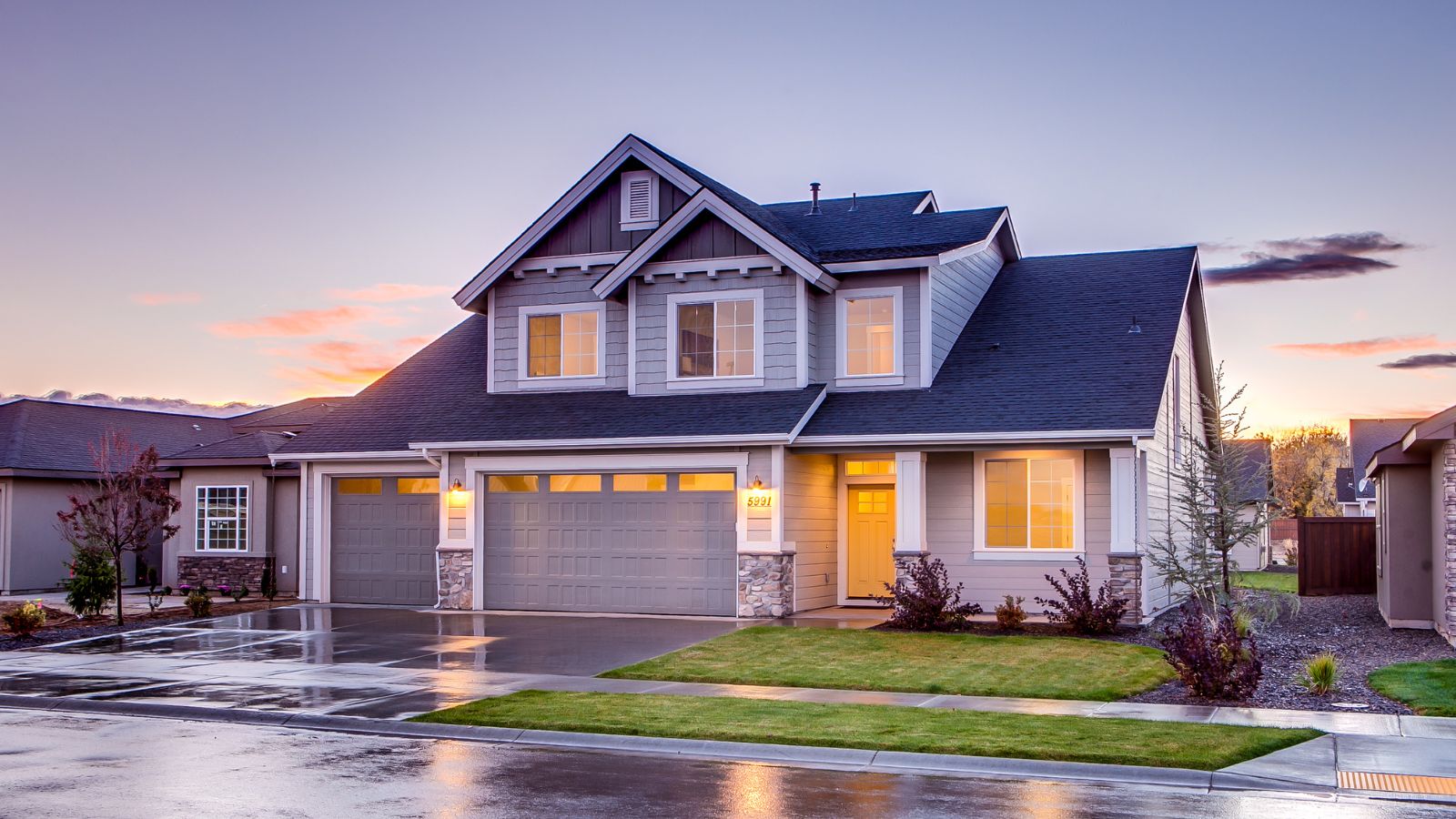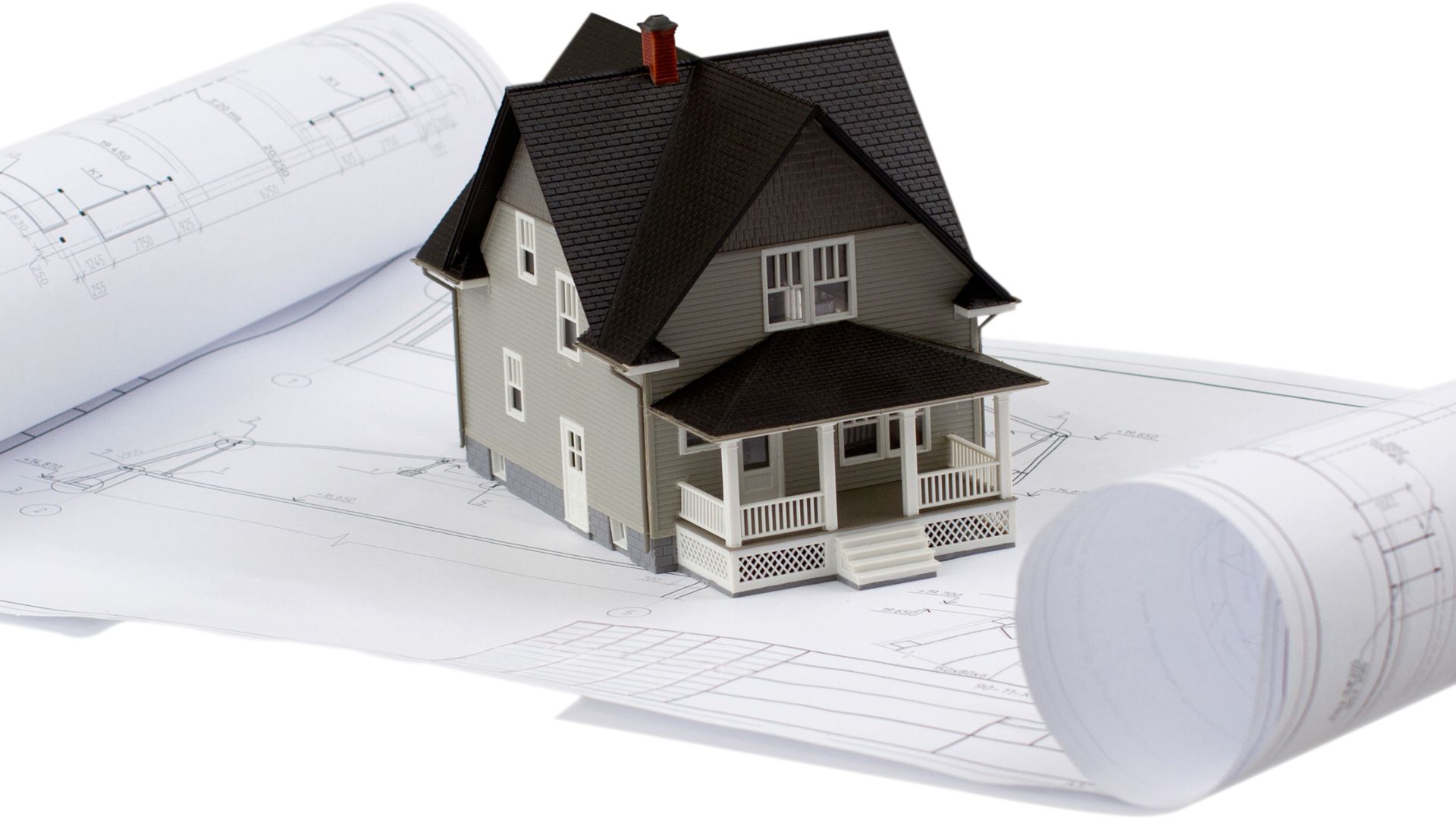Owning a property isn’t just about the purchase; it’s an ongoing commitment to maintenance and repairs. Whether you’re a seasoned property owner or a first-time buyer, understanding the importance of these tasks is crucial. This article will shed light on the ins and outs of property repairs and maintenance, helping you to preserve the value of your investment.
From fixing leaky faucets to conducting regular inspections, effective property maintenance can prevent minor issues from escalating into costly repairs. It’s not just about maintaining aesthetics, but also ensuring the safety and functionality of your property. Let’s delve into the world of property upkeep, and explore how to keep your home or investment property in top-notch condition.
Property Repairs and Maintenance
The Importance of Regular Maintenance
Regular maintenance stands as a necessity for preserving a property’s worth. Minor issues, if not promptly addressed, can escalate into expensive repairs. Regular upkeep not only ensures the beauty of the property, it also ensures the safety and functionality of the dwelling. While property maintenance plays a crucial part in maintaining property value, it also gives occupants a safe, functional, and appealing living environment.
For instance, regular inspections of integral parts of the property, such as the roof, plumbing, and electrical systems, can help identify potential issues at an early stage. Responding to these potential problems earlier can prevent future issues, saving property owners from considerable expenses and unforeseen disruptions.
Common Property Repairs
Servicing the most frequently encountered property issues forms part of an owner’s routine. Understanding these familiar repairs may assist owners in tackling these problems with ease. Roofs frequently require repairs due to weather exposure. Leaky plumbing constitutes another common issue among old and new properties alike.
Planning for Property Maintenance
Following the step of recognizing the importance of property maintenance and repairs, comes the need to plan effectively for them. This section unveils the strategic process of planning for property maintenance, encompassing a detailed seasonal checklist and preventive measures essential for avoiding costly repairs.
Seasonal Maintenance Checklist
Creating a seasonal maintenance checklist stands as an effective tactic in planning for property maintenance. As catering to different weather patterns brings about its unique challenges, systematically categorising the tasks based on the time of year optimises the planning process. Moreover, it aids in preventing neglect and further damages.
In spring, a property check should involve inspecting the outside area for any winter damage. Tasks might include cleaning the gutters and checking the roof for leaks. Summer requires an assessment of the air conditioning system, checking for leaks, and clearing any debris from fans and filters. Autumn is the time for weatherproofing the property in preparation for winter and might include tasks such as sealing windows and doors, along with checking heating systems. Lastly, winter preparation might involve inspecting insulation, ensuring heating systems function correctly, and checking for draughts.
 Budgeting for Property Repairs and Maintenance
Budgeting for Property Repairs and Maintenance
The strategic planning of resources for property repairs and maintenance marks a critical aspect of asset management for any homeowner or property manager. Good planning often includes a carefully calculated budget aligned with realistic expectations about repair costs and maintenance expenses. Let’s delve deeper into discussing efficient budgeting and cost-saving tips for property owners and understanding when investing in professional services yields the most value.
Cost-Saving Tips for Homeowners
Managing a home involves myriad expenses, from utility bills and mortgages to peripheral costs. However, some efficient practices help in reducing the budget significantly. Here are some of them:
- Conduct Regular Preventive Maintenance: Regular maintenance work, such as cleaning gutters or inspecting roofs, aids in early detection of potential problems.
- Prioritise Repairs by Relevance: Not every repair demands immediate attention. Prioritising can save considerable money in the early stages of issue detection.
- Utilise Energy-Efficient Appliances: Energy-efficient appliances reduce recurring costs, potentially saving a substantial amount throughout the year.
- Implement Energy Saving Measures: Simple practices, like switching off lights when not in use, qualify as effective ways to reduce energy expenses.
